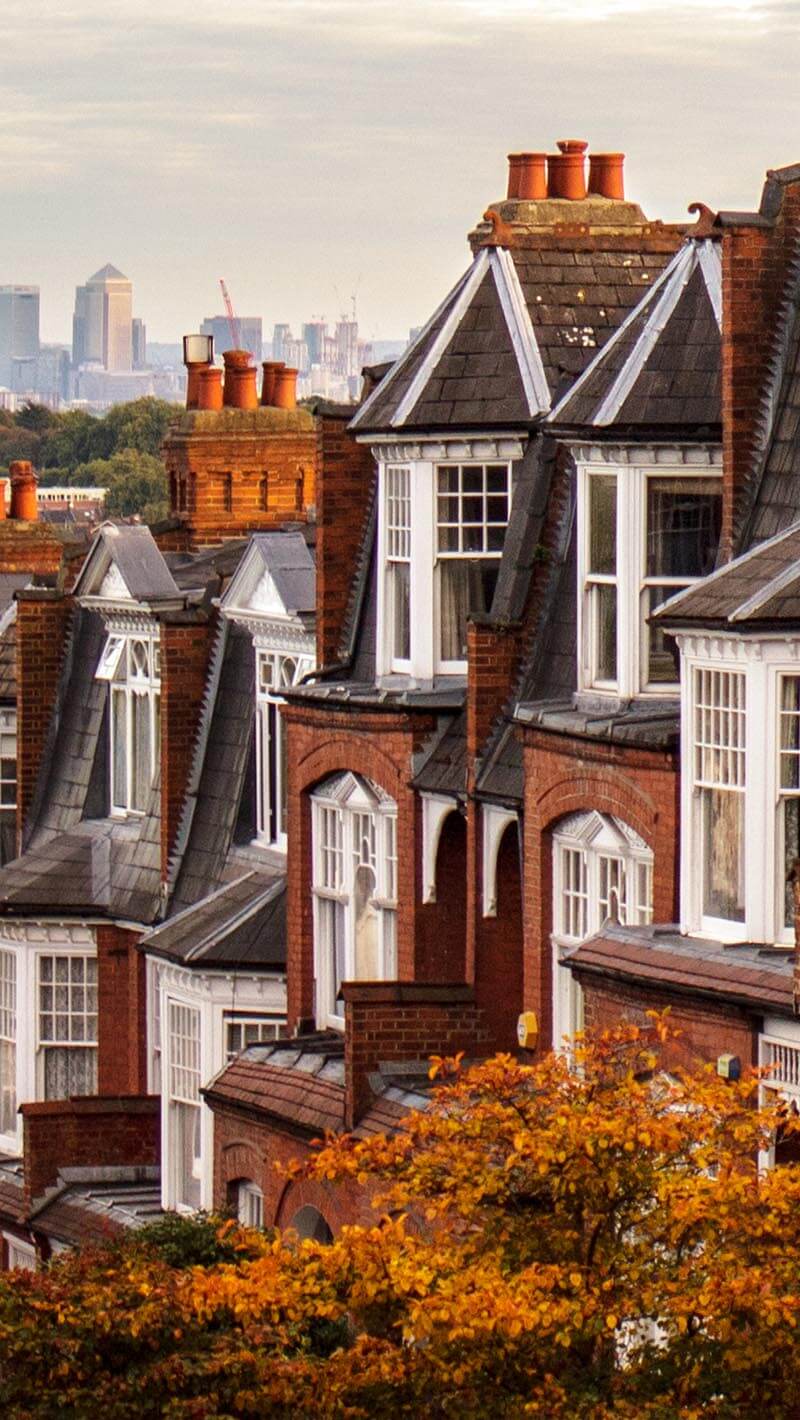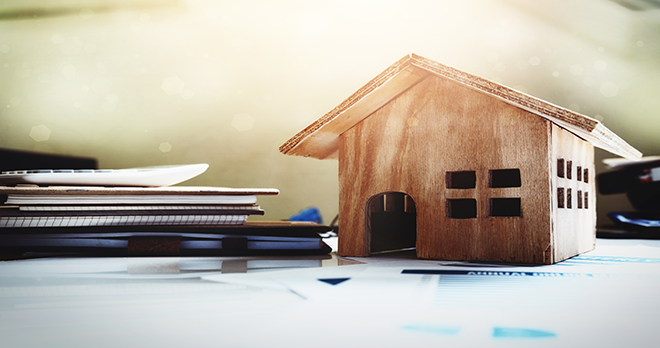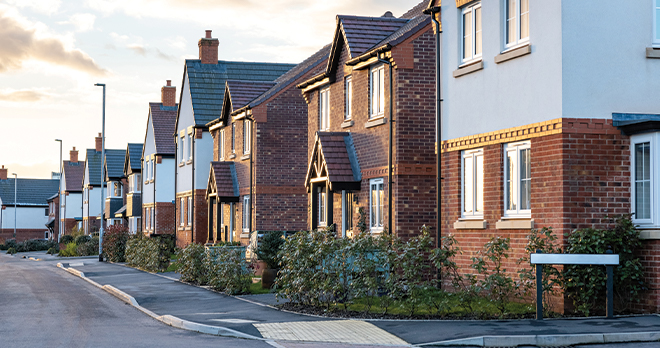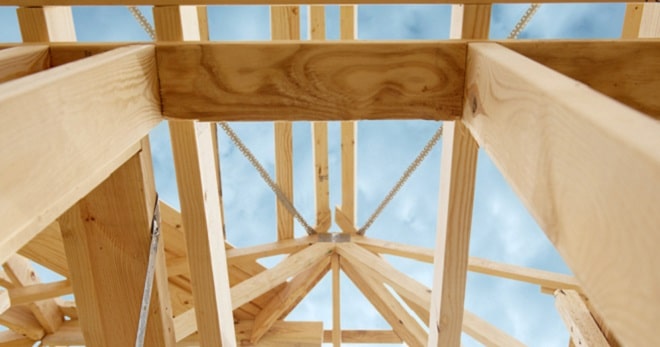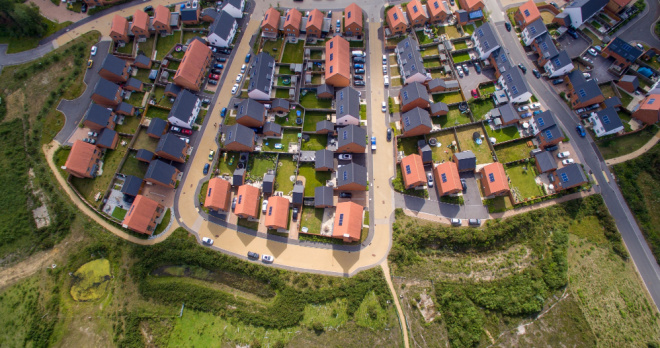Key questions to ask when purchasing a leasehold property
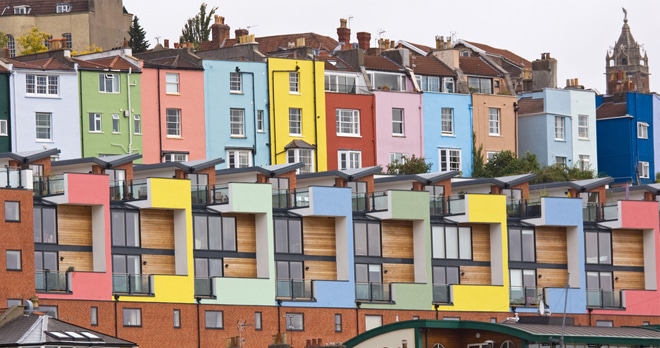
In England and Wales, the tenure for a property can be Freehold or Leasehold. If you are purchasing a flat then you will be buying a leasehold property. You may have seen in the media that there is a lot of discussion concerning leasehold properties and the reform required.
If you are considering purchasing a leasehold property then you may wish to consider the following points which may affect you whilst you live at the property, or when you come to sell.
1. How much ground rent is payable on a leasehold property?
Whilst you will own the leasehold title to the property, the Freehold will be owned by the Freeholder/Landlord.
Whilst some lenders may accept ground rent increases linked to the retail price index (or a similar index), they will not accept ground rent escalation based on unreasonable multipliers. The ability for ground rents to exceed £250.00 per annum outside of London and £1,000.00 inside of London has also become the subject of much debate.
2. How much are service charges on leasehold properties?
Service charges are payments towards the upkeep of common areas, which may include the roof, building exterior, hallways, stairs, gardens and parking areas. The lease should state the percentage you are required to pay, however, the amount will vary depending on how much work is required to those areas that year. There may also be payments required towards insurance or a sinking/reserve fund.
If any major works are required, then the management company should notify you of these by way of a section 20 notice.
3. What is the length of the lease? And can it impact on lending?
If the term of the lease is below 85 years this may not be acceptable to a lender and you may need to consider a lease extension.
4. Has the Building Safety Act been complied with?
Following the Grenfell tragedy, the Government has imposed regulations in relation to cladding, fire safety and the certification required. You can find out more information on The Building Safety Act below, but please discuss any concerns with your surveyor.
5. Are there any covenants or restrictions that might affect my use of a leasehold property?
The lease may impose positive and restrictive requirements on the owner of the property, stating what you can and cannot do at the property. This may include that you cannot rent out the property, use it for anything other than a private residence, make alterations, or require consent for keeping pets.
If you are looking to purchase the property as a buy to let, or air B and B the requirements could affect your enjoyment of the property, and you should therefore establish this at an early stage.
You will find useful information about living in a leasehold property and what rights that you have under the law as a flat owner at the Leasehold Advisory Service here: www.lease-advice.org.uk
Recommendation: It is important that you review the financial and structural considerations when purchasing a leasehold property, alongside the terms of the lease.
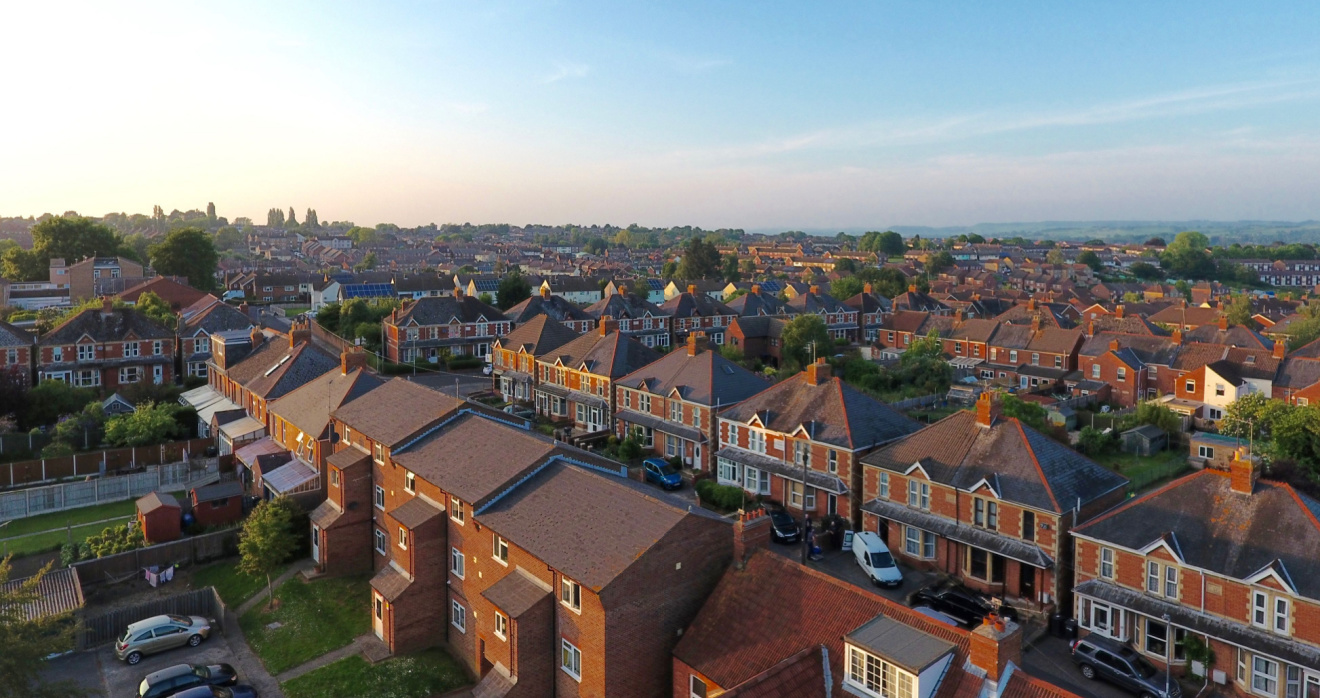
Thinking of purchasing or selling a property?
Our residential property department would be delighted to assist you with the sale or purchase of a leasehold property and to review the terms of the lease of the property.
Contact us now to find out how we can make the your purchase or sale go as smoothly as possible.
Our related services & support
Legal insight from our conveyancing experts
View more articles related to Property Conveyancing








